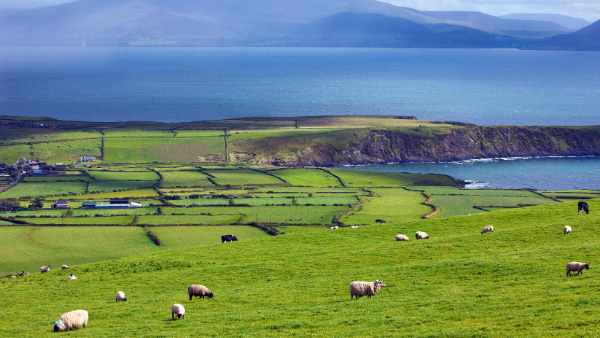Author
Following the enactment of the Agriculture Act 2020, DEFRA has moved quickly to publish its Agricultural Transition Plan 2021 to 2024. Although there is much still to come in the detail, with various consultations commencing next year, it is a helpful and thought provoking roadmap.
Perhaps one surprising inclusion, is DEFRA’s continued commitment to an exit scheme. Although lump sums were much talked about last year, during the time that it has taken for the Agriculture Bill to pass through Parliament, the economic climate has altered significantly. We now face the largest government borrowing in peacetime. Accordingly, it would not have been surprising if, with a little pressure from the Treasury, DEFRA had shelved lump sums, proceeding only with delinked payments. Not so. There is a clear commitment to a consultation commencing next year and a lump sum scheme to be in place from 2022.
Limited period for lump sums
The plan appears to suggest that it will be for a limited period, perhaps only a year, rolling up (and perhaps discounting) the payments that a farmer would otherwise have received for the remainder of the basic payment scheme. Critically, the commentary from DEFRA suggests that the applicant must leave the industry.
Leaving the industry
With so many farmers operating through limited companies, partnerships and other business structures, it will be interesting to see how applicants will have to show that they are leaving the industry. Some readers will recall the lengths that businesses went to under previous subsidy schemes to ensure that they could claim or were not excluded due to headage limits etc and some of these resulted in the development of separate businesses. It is impossible to predict at the moment how that might shake down in the context of any proposed exit scheme. Most businesses currently apply for and receive the basic payment in the business name, rather than in the name of one of the partners or shareholders. If the “applicant” is to “leave the industry” will that requirement apply to all the shareholders of a farming company? Will the exit scheme be restricted to sole traders and partnerships, in which all the partners are retiring?
There will be a difficult balance for DEFRA to strike for any exit scheme. On the one hand it needs to ensure that conditions set will meet the objective of farmers leaving the industry. If they are too complex, there will be limited take up.
Planning the exit
For the retiring applicant the key to achieving the objective will be to allow enough time to plan. If land needs to be surrendered, let, sold or transferred, that will take time and will need to be dovetailed with the timetable for the exit scheme. It will require more than simply the cooperation of the retiring farmer.
Land is not the only consideration. We do not know for example whether an applicant will be required to sell his stock, crops in store and equipment. Winding down a business in an orderly fashion, trying to obtain the best prices, can often take more than twelve months.
Such a big change should not be looked at solely through the lens of an exit scheme. An applicant should be considering this scheme as one part of wider retirement and tax planning.
While there is still a great deal of detail yet to be determined, DEFRA has indicated the direction of travel and the broad plan. That is a step forward and one which should spark conversations. Planning for succession, whether that is in terms of businesses, tenancies, land tenure or estate management doesn’t happen overnight. What we know now is that 2022 will be a year of structural change for the industry. The question that all businesses should now be asking themselves is how they plan for that.


